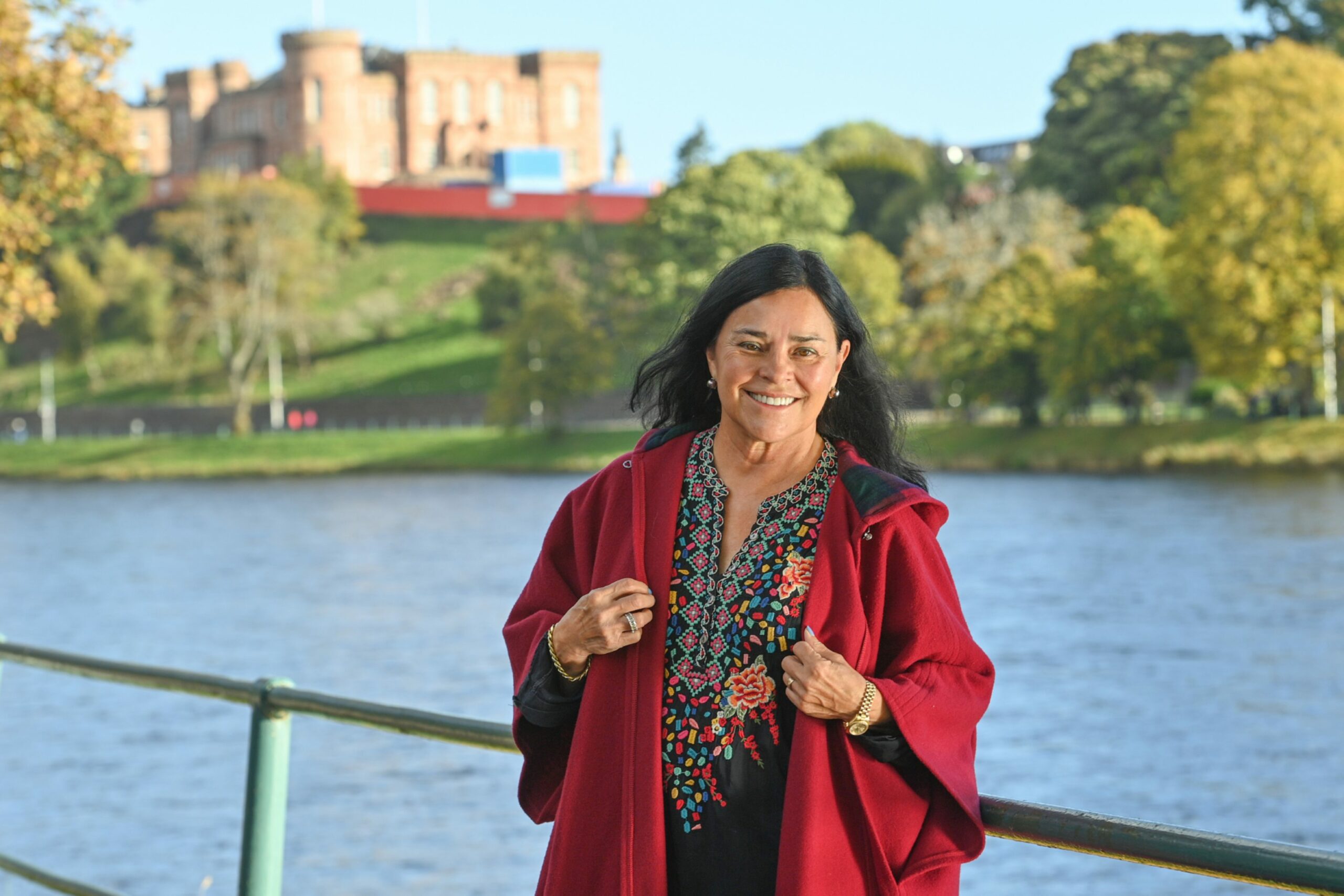“Where do you get your ideas from?”
It’s the most predictable question asked of writers at book events. To be fair, author Q&A sessions can be excruciating, and I wouldn’t be surprised if, in some cases, the question is posed by someone – perhaps a relative – who can’t bear the clenched silence a moment longer, so they trot out the obvious one to break the tension and allow the room to collectively exhale.
Sometimes it will be asked by a reader who is genuinely keen to know the answer because they love the author’s work. That person will be disappointed. “It came to me in the shower” or “well, I was on the loo”, for instance, might be the truth, but will forever demystify the story the questioner loved in the first place.
Diana Gabaldon, the American author of the wildly successful Outlander series, gave the most refreshingly candid response at a recent author event in Inverness. She told us she’d never written anything before, so writing a historical novel seemed a good idea, as most of the research had already been done. Furthermore, the image of a strapping, kilted hero seemed pleasingly compelling material for her to work with, so she ran with it. My kind of author.

I know of others who credit dreams, feelings, urges. They claim their idea became almost sentient, hijacking their lives and insisting upon being told. “I just had to get it out,” they admit, helplessly. Yes, yes, OK, I’m jealous of those ones.
Some writers narrow their eyes at the question. I know exactly what’s going on there. They’re thinking: “Hmm, this person thinks that they, too, can dash off a bestseller if only they possessed the golden key to the elusive ideas portal!”
It’s why one author responded wryly with: “There’s an Ideas Shop down the High Street: I pick them up in there” to uncomfortable laughter and the humiliation of the poor questioner. Ah, book events. So awful, so often.
This opinion has, of course, nothing to do with recollections of my own debut novel launch, 300 years ago at Eden Court in Inverness, which was decidedly not awful – for me, anyway. Waterstones came along with boxes of books to sell, and the room was filled with family and friends showing their support; loyally “launching” my new career. I was Joan of Arc that night, in amazing shoes.
Amidst the crowds stood one stranger. He was leaning against the window sill, silently observing the goings-on. Of course, I was far too full of my own importance to pay much attention – a fan, maybe? How thrilling!
Anyhow, the event was noisy and very jolly, although I do remember that when it came to the dreaded Q&As, the first question asked wasn’t the famous: “Where do you get your ideas from?” It came from my young son, who gallantly raised his hand to break the deplorable tension by asking: “Er, how many pages is it, mum?”
Fan mail is fan mail
Towards the close of the event, after proudly autographing over 100 copies of my book for relatives, friends, former law colleagues and other heroic acquaintances, the enigmatic stranger roused himself from the window sill and approached my “author table”. I beamed up at him and opened a book, pen poised for what would have been the only mystery dedication of the evening.
But it was not to be. Leaning over the table, he pressed a piece of paper into my hand. “I wrote you a poem,” he murmured.
Astonished, I unfolded the paper and read his work, which he had signed at the bottom with what I presume to be his real name but that, as I’m the only one planning to get any publicity out of this, thank you very much, I’m keeping to myself.
Couldn’t make head nor tail of the brief “poem”; it was a weird one. But, heigh-ho, fan mail was fan mail, and I guessed I’d get a lot of this sort of thing from now on.
“Thank you so much,” I said, pink-faced.
He leaned in closer. Good Lord, was he about to kiss me? No, no he wasn’t.
As compliments went, his wasn’t even a backhander. And, no, of course he hadn’t bought a copy of my book
He whispered, his nose inches from mine: “I tell my students that if you can do it,” he paused, “anyone can.”
“Oh! Thank you!” Oh… Hang on…
He was gone, his shiny bald head bobbing down the staircase towards the exit. As compliments went, his wasn’t even a backhander. And, no, of course, he hadn’t bought a copy of my book.
At least I have had the satisfaction since then of Googling his name a couple of times, to see if he has had anything published, and guess what? It doesn’t look like it. Perhaps anyone can, but clearly, he couldn’t.
Anyhow, apart from Poetry Man, reliving that event has made me wistful. Writing books is hard but, when it all comes together, it’s the best feeling in the world. I should get off my butt and attempt another. So, if you could just give me directions to that Ideas Shop on the High Street, that would be great – thanks.
Erica Munro is a novelist, playwright, screenwriter and freelance editor


Conversation